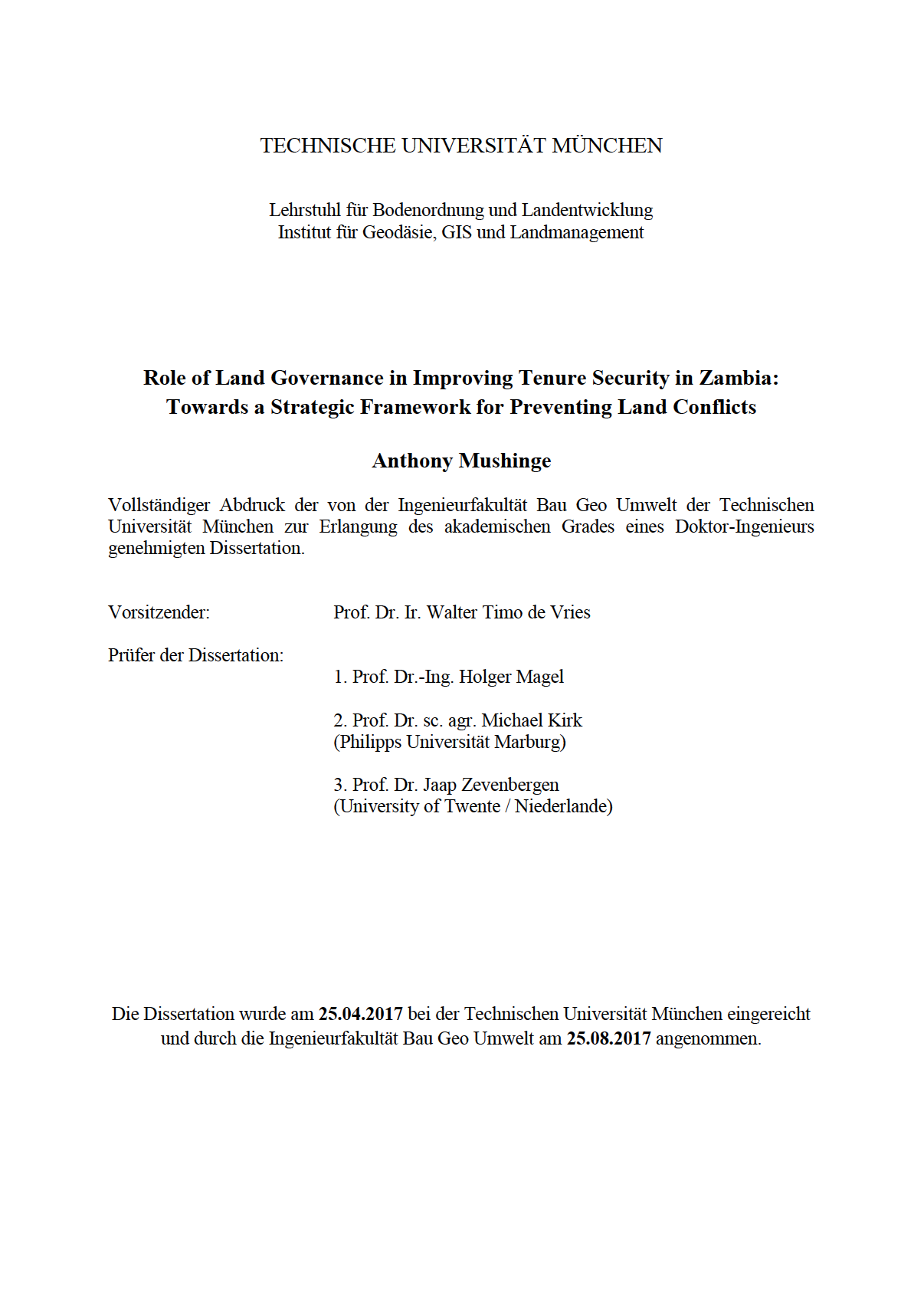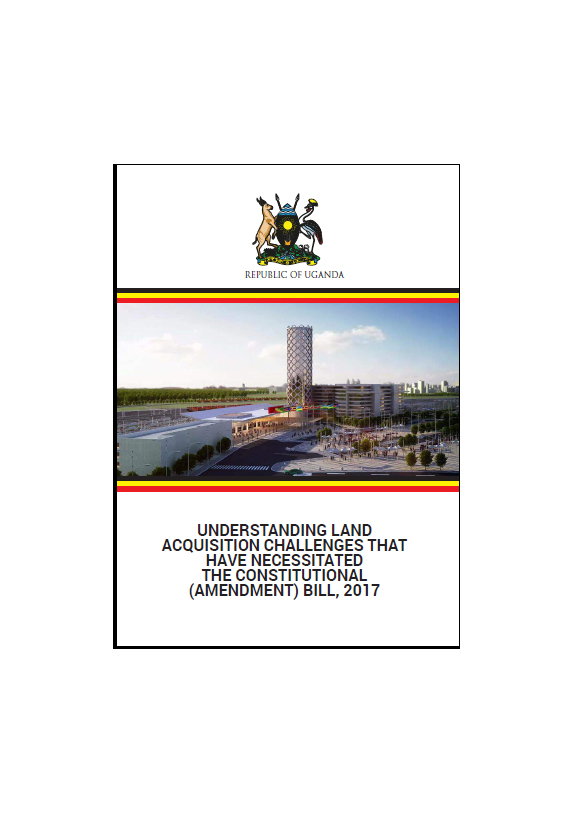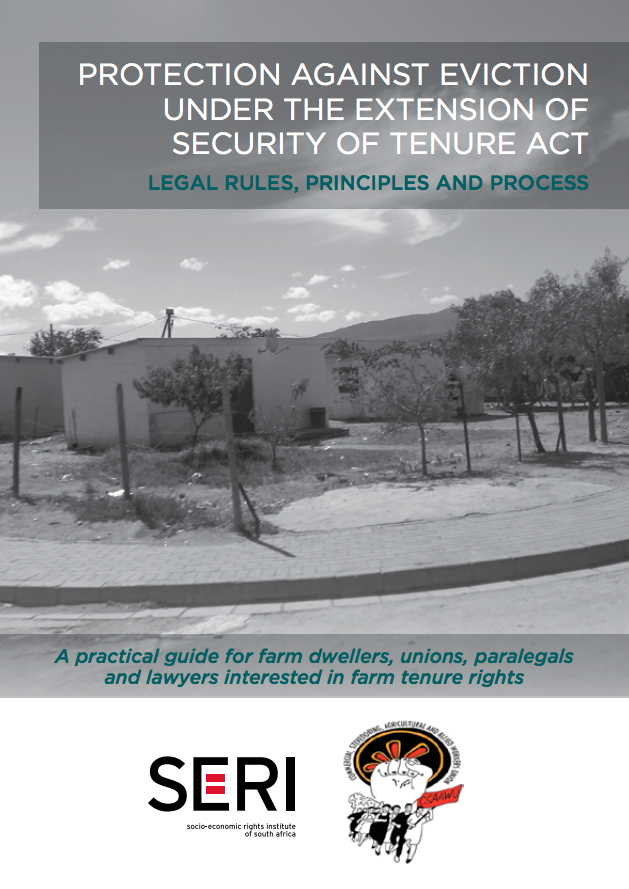India Land & Development Conference 2017-Proceedings
This report was prepared by Centre for Land Governance, NRMC, the Secretariat of India Land & Development Conference 2017. This report provides an overview of the proceedings of India Land & Development Conference, organized at India International Centre, New Delhi, India on April 5-6th 2017.
This report consists sharing of experiences, knowledge and practices over eight thematic sessions, two panel discussions and a special session.
Eight Sessions in the Conference are as follows:









